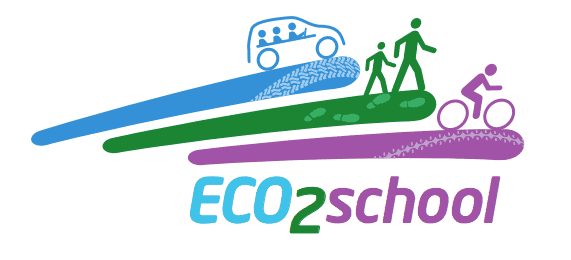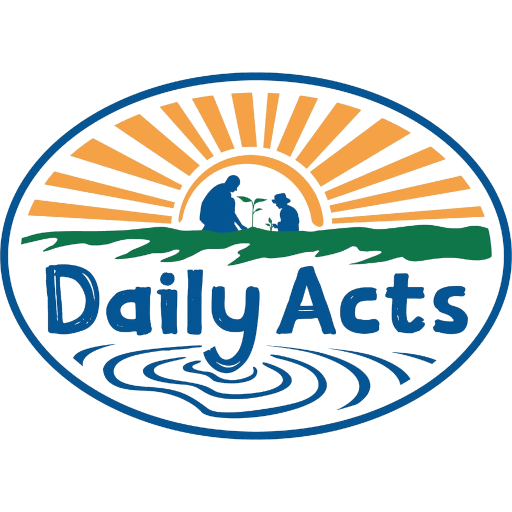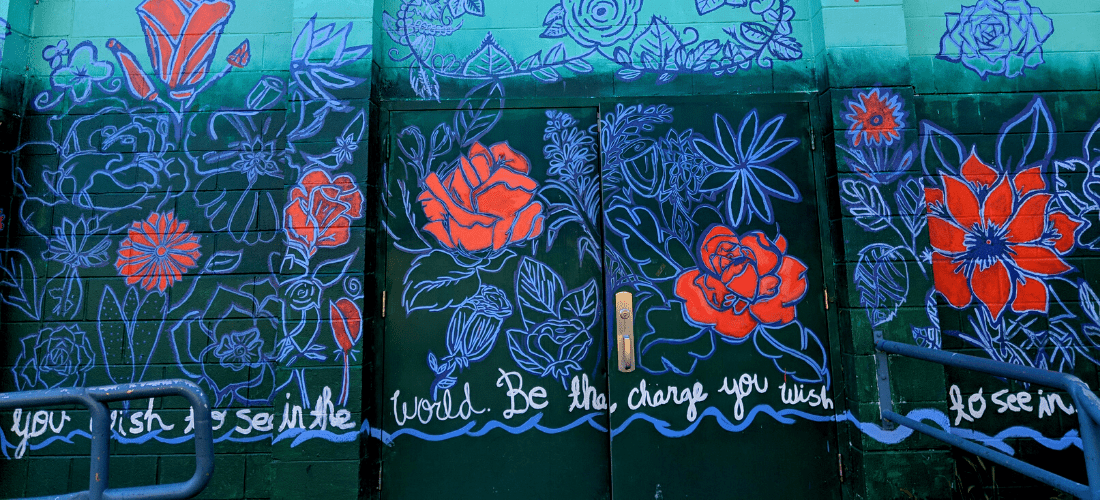
Be the change you wish to see in the world. – Mahatma Gandhi

At Daily Acts, we know that change starts from within and then ripples out into our families, work, communities, and environments. Transforming the world begins with transforming ourselves – a process of being and becoming that we refer to as personal ecology.
We cultivate our personal ecology when we take time to be present and aware of ourselves, others, and our environments (being) and when we engage in our personal growth and development and prioritize our self care practices (becoming). Through personal ecology, we can maintain better balance, and sustain our energy while being of service and fostering greater resilience.
Being alive in this moment and choosing to stay awake and engaged is no small thing. It’s vital to develop practices and communities of support in our lives, organizations, and movements to truly transform ourselves and our communities. To do this, we take a heart-centered approach to personal and organizational development. We teach and apply a range of evidence-based, transformative practices to increase our awareness, build shared language, and develop healthy personal and organizational habits. This is core to Daily Acts’ purpose, vision, strategy, and culture.
Personal Ecology Practices – from Self to Organization
Like they say on a plane, “put your oxygen mask on first before assisting others.” As individuals and organizations, to sustain in the vital work of transforming to a more just, healthy, and resilient world, we must sustain ourselves by staying attuned to our deeper purpose and practicing self-care.
Personal ecology practices include meditation and mindfulness practices, breathing techniques, presencing, check-ins, self-assessments, tools for managing time and urgency, movement and exercise, journaling, and creative approaches to problem-solving. These practices further develop our emotional intelligence and competence, which is core to personal and organizational development and leadership. They also support effective communication and collaboration within our networks and alliances where we work with a wide range of organizations and community members.
Teaching, modeling, and speaking these values for personal development is the first step. Rooting these practices into organizational strategic priorities, culture, and common activities supports our ability to stay nourished, connected, and inspired regardless of the challenges we face.
Here’s what personal ecology looks like embodied within our Daily Acts’ culture:
Three Daily Acts’ staff completed advanced training in integrating Mind-Body Medicine into personal and professional practice and trauma healing, in partnership with Sonoma Community Resilience Collaborative and the Center for Mind-Body Medicine. All Daily Acts’ staff participated in an 8-week training in Mind-Body Medicine for stress management and resilience in 2019.
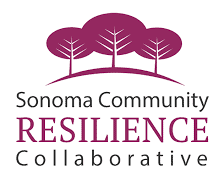
Sonoma County Resilience Collaborative
The Sonoma Community Resilience Collaborative is working in partnership across our community and with The Center for Mind Body Medicine, whose curriculum is the foundation for the program. The vision for the Collaborative, which has been endorsed and adopted as a part of Sonoma County Health Action, is to develop our local capacity for healing, empower lay people with comprehensive tools, build the social connections that are the predictor of community resilience, and prevent the progression of stress and trauma into more serious social, mental, physical, and social impacts.
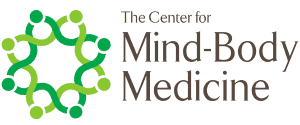
The Center for Mind Body Medicine
The Center for Mind Body Medicine’s mission is to make self-awareness, self-care, and group support central to all healthcare; the training of health professionals; and the education of children. Providing innovative solutions to some of the world’s most intractable and complex psychological and social problems, The CMBM has worked with communities in over a dozen nations as well as here in the United States, training health professionals, educators, community leaders, and youth peer counselors, who in turn integrate the CMBM model into their work with millions of children and adults.
Benefits of Personal Ecology
There are an array of benefits to getting our team skilled in these transformative practices. Like the synergy of getting the right garden elements in place, these practices start to feed and reinforce each other, supporting each team member to live and contribute their best in life, work, and the community at large.
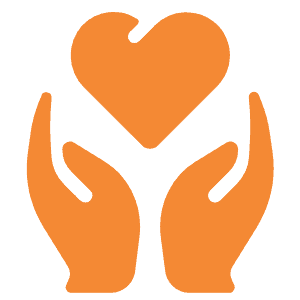
In life, we learn and practice self-care and interpersonal skills that maintain health and wellbeing.
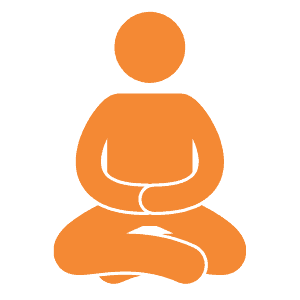
At work, we learn how to stay grounded, effective, and grateful even in times of great stress and difficulty.
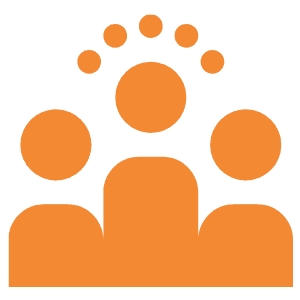
In leadership, we learn and apply key skills for development as community leaders in organizations and movements.
Daily Acts is committed to being the change it wishes to see in our world. We exemplify this through our Theory of Change, which informs what we do: spread solutions and models, strengthen community leadership, and build public will and civic engagement that leads to shifts in culture and policy. Personal ecology is fundamental to how we do this. Some examples of how this shows up in our work:
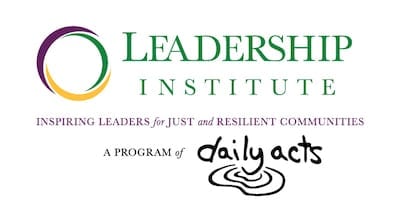
Leadership Institute for Just and Resilient Communities
Daily Acts’ Leadership Institute for Just and Resilient Communities – the Leadership Institute emphasizes our lead-from-within approach through its three core pillars: Personal Leadership, Civic Engagement, and Collective Power. Leadership Institute Fellows are taught personal ecology practices including emotional intelligence, identifying and managing emotional triggers, identifying a trauma response, time and urgency management, Mind-Body Medicine for stress reduction and resilience, deep listing, and creative approaches to problem solving.
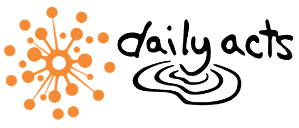
Coalitions and Networks
Coalitions and Networks – working with a diversity of people of organizational cultures on urgent, complicated issues can be difficult. Infusing personal ecology practices helps people get present, connect with their purpose, listen to each other, sense into the emerging future, and have greater empathy for others. This has been instrumental to our many coalition successes
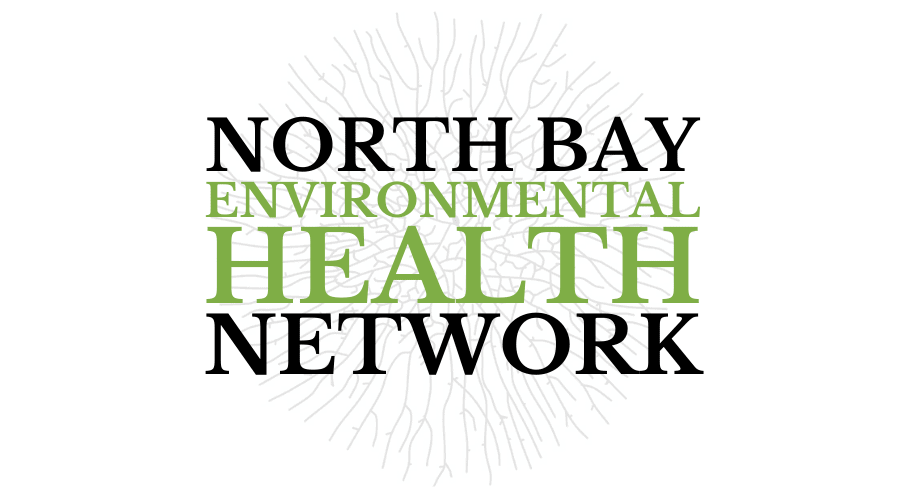
North Bay Environmental Health Network
North Bay Environmental Health Network – educating the community on environmental health risks can be challenging and trigger stress and strong emotional responses. We build in personal ecology practices such as Mind-Body Medicine for stress reduction and resilience within our educational framework to help community members mitigate stress and maximize engagement. We meditate, practice breathing and movement techniques, and create space for sharing personal experiences and practicing deep listening.
